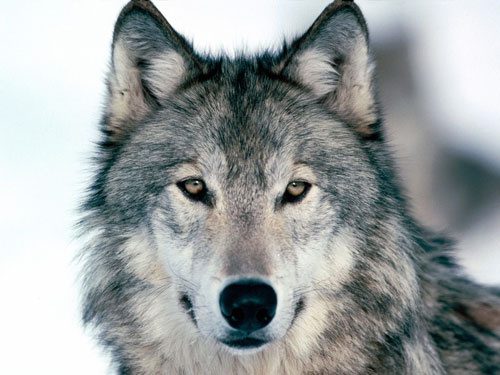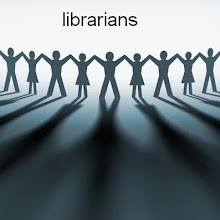Raised-by-wolves feral professionals

Librarians Confront New Uncertainties Over Training and Jobs
"How many academic librarians does the world need? More than it’s likely to have in a few years, as the baby-boom generation ages out of the work force, the prevailing theory has been. But the economic crisis may be changing that, and the job prospects and skills of tomorrow's librarians were hot topics at the 14th biannual conference of the Association of College and Research Libraries... held in Baltimore."
“We’ve been hearing for a long time about the impending crisis in the library work force,” said José-Marie Griffiths, dean of the School of Information and Library Science at the University of North Carolina at Chapel Hill. Ms. Griffiths, who spoke on a panel on trends affecting libraries, helps lead a long-term study, “The Future of Librarians in the Workforce,” being conducted under the aegis of the Institute for Museum and Library Services."
For now, uncertainty rules. Word at the conference was that many academic libraries have moved slowly to fill vacancies, reluctant to make new hires until they know for sure what budgetary constraints and cuts they face.
“There are just a lot less jobs than there were even three months ago,” Paul Solomon, an associate professor in the School of Library and Information Science at the University of South Carolina at Columbia, said in a conversation after he took part in a panel on recruiting and retaining the library work force of tomorrow.
Another member of that panel, Barbara B. Moran, a professor at Chapel Hill's library school, also noted openings were scarcer. “The entry level is hurting,” she said in response to a question from a recent library-school graduate. "It is a tough job market this spring.”
Ms. Moran also mentioned “deprofessionalization” at academic libraries: a shift away from hiring workers with degrees in library and information science.
That development came up again at a staged debate on whether the master’s in library science has any relevance for the future of the academic library. The moderator, James G. Neal, vice president for information services and university librarian at Columbia University, referred to the growing role of “raised-by-wolves feral professionals.”
“We’re seeing a softening of the announced requirements for academic-library positions,” Mr. Neal said, calling that “a change of some significance.”
It grows out of increased demand for library workers with skills in many different arenas, not all of them digital. If you need to hire a Tibetan-studies librarian, as Mr. Neal did last year, a candidate with a Ph.D. in that subject area may be a better fit than one with an M.L.S. or M.L.I.S. degree.
Source: an article by Jennifer Howard, The Chronicle of Higher Education
see also: Association of College and Research Libraries, ACRL

